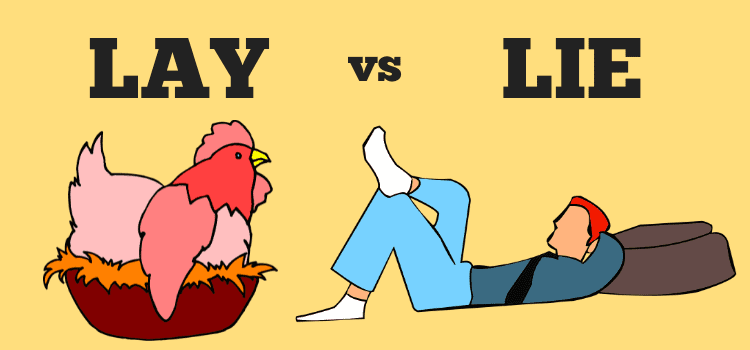
Poured and pored are two words that can often cause confusion because they sound the same.
But the meanings are totally different, and it’s so easy to make the wrong choice when you are writing.
Poured is the past tense of the verb pour, which means a flow of liquid.
Pored, on the other hand, is from the verb pore, meaning to read or study intently.
The confusion between poured and pored
When you use the verb pour or poured, you usually use it in the real sense of the word.
It can relate to many actions involving liquids, including pouring wine, concrete, milk, or even molten wax.
But you can also use it idiomatically to express one’s feelings in an intense and unrestrained way.
She poured her heart out to me after their separation.
He poured out all his hopes and aspirations.
I couldn’t pour my heart out to my boss!
This is why there can be some confusion because pored is also an intense verb.
I pored over the letter for hours, trying to understand what it really meant.
He pored over his resume for a few days before sending his application.
As with all homophones and homonyms in common expressions, it always pays to take care.
How to use pored

You use the verb pored when you want to describe the action of reading or studying something carefully and attentively.
It can also mean scrutinizing a text or document in order to gain a deeper understanding of its meaning. You commonly see it used in the context of academic research, where people pore over books and journals in order to gather information and formulate theories or new ideas.
For writers, it often relates to editing or proofreading, where someone might pore over a manuscript to catch errors or improve the quality of the text.
The verb is often followed by the prepositions, over or through, to give a sense of completeness.
You use it mainly in the past tense because it is rarely relevant or logical in the present.
In an attempt to find clues, the detectives pored over the crime scene photos.
Four journalists pored through social media posts, trying to verify the information.
The hiker pored over the map, trying to choose the best route to take.
A genealogist pored through our family records, attempting to trace our ancestry.
In questions or with modal verbs, you will always use the infinitive verb.
Did you have an editor pore over your manuscript?
I couldn’t pore over the text any longer. I needed a break.
Once you remember that pore and pored relate to reading, you’ll choose the correct verb every time.
When to use poured

Yes, this is an easy verb to use and should never cause you a problem when referring to liquids.
She poured a drop of milk into her tea.
On Thursday, the builders poured concrete for the foundation of our new house.
During the storm, the rain poured incessantly, flooding the streets.
However, when it’s used in a metaphorical sense, you need to take care.
Memories poured back, flooding his mind with nostalgia.
Laughter poured through the house during the family reunion.
He poured himself into work to take his mind off his family problems.
Always remember that poured is for liquids unless you use the verb to talk about feelings in an unreserved way.
What about pawed?
Just to add one more piece to the homophone puzzle, there is the verb to paw.
It is not as common as poured and pored, but it can have an idiomatic meaning to imply handling with clumsiness or roughness.
The media pawed over the singer’s life, looking for a scandal.
Our local antique dealer refuses to let anyone paw over his precious collection.
The cat pawed over the newly planted seedlings, destroying them before they could sprout.
You might not use this expression very often, but it has some uses.
Use in the present
While you will use the past more, you can always use these verbs in the present.
Most often, it will be in the continuous forms of poring, pouring, and pawing.
Don’t disturb her now; she is poring over her manuscript.
That’s okay. Pouring your heart is natural after what you’ve been through.
Movie critics are pawing over the film, criticizing every minute detail.
But if you want to use the simple present of pore/s, pour/s, or paw/s, you can, even though it’s not overly common.
How to check that you use the correct word
Yes, you can check with a dictionary, and you should. But a simple trick is to use association.
Use pour when referring to a liquid or a substance in a liquid state. You can also use it for an outpouring (like water) of emotions.
For pore, it refers to reading or studying a text in minute detail.
With paw, it always relates to touching or handling something.
Now, you will never make a poor choice between poured and pored or pawed.
Summary
Homophones in everyday expressions like bare or bear your soul and peak or pique your interest can be a trap for writers.
Perhaps not because you don’t know which one is correct.
It may be because you focus more on your story when you are writing than on your grammar and vocabulary choices.
The time to make your decisions about word choice is when you edit or proofread a draft of your text.
Yes, that’s when you will definitely pore over your text, not pour coffee over it, looking for homophone errors such as these.
Pour, pore, paw, or poor?
Now you know, so you will always get these words right.
Related Reading: Hazard A Guess Or Has At A Guess? Which One Is Correct?



